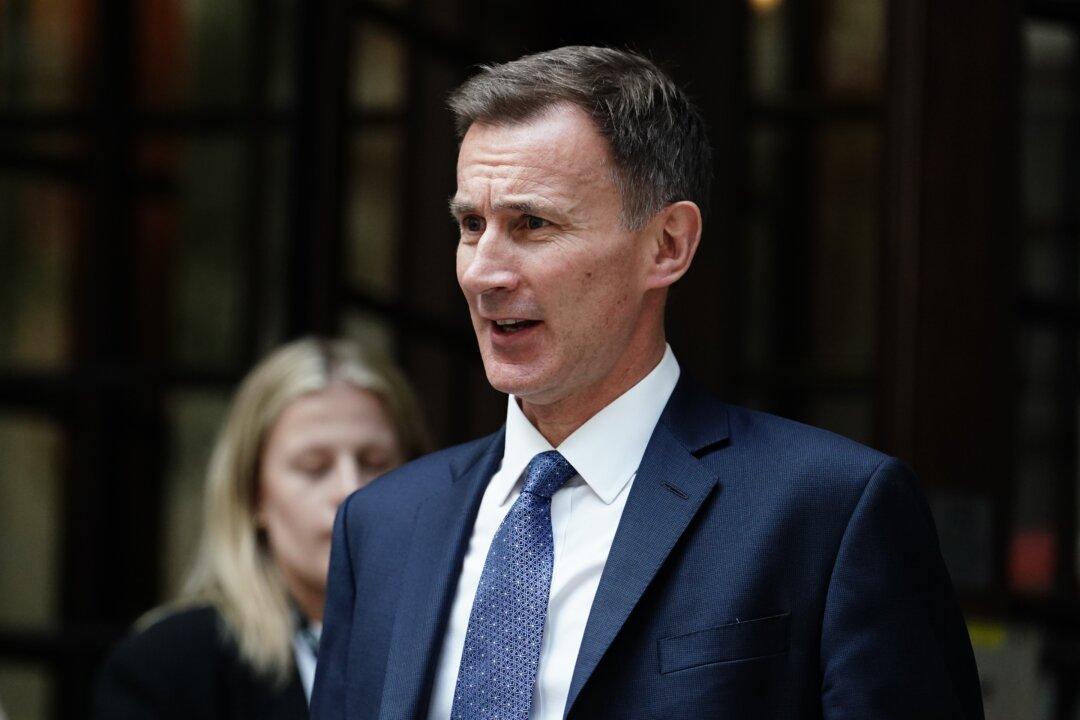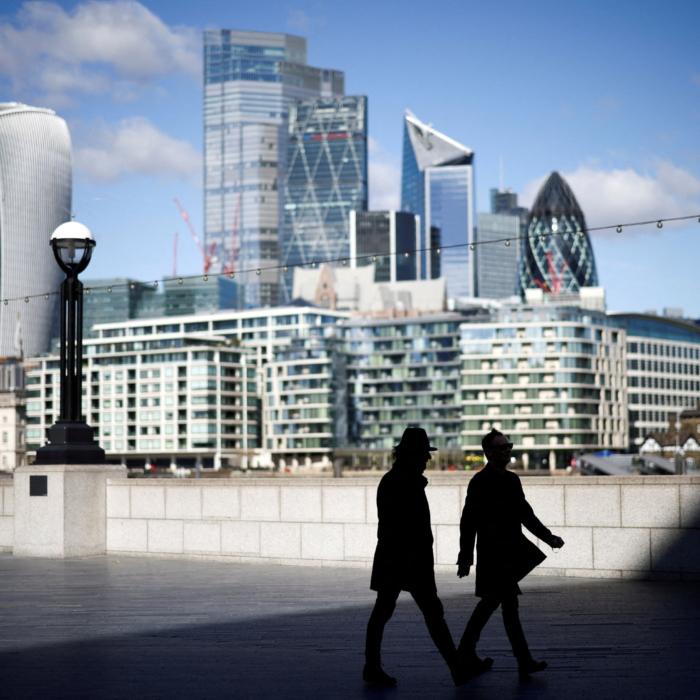The UK economy flatlined in April amid heavy rainfall and unfavourable weather affecting production and growth output.
Monthly real GDP showed no growth in April, compared to 0.4 percent growth in March.
Services output grew by 0.2 percent in April, while production and construction sectors enjoyed a less positive outlook.
Strong winds and stormy weather also had an impact on the economy, in particular on retailers, construction, and the food and beverages industries.
Construction slowed by 1.4 percent, in a third consecutive monthly fall. The sector also fell by 2.2 percent in the three months to April.
In production, the ONS recorded a drop of 0.9 percent in April, while the month before that the sector showed better results and growth of 0.2 percent.
Need for Growth
The economy failing to grow in April could be a tough pill to swallow for the government ahead of the general election in July.Economic growth, inflation easing, and reduction of national debt are the top three priorities listed by the Conservatives ahead of the July vote. Similarly, economic stability tops the opposition’s pledge list.
UK business leaders said that the new government “of whatever colour” needs to move from economic shock absorption—in the aftermath of the COVID-19 pandemic and global conflict—to boosting growth.
The Conservative government has struggled with the task of delivering GDP growth, and after two consecutive months of negative growth at the end 2023, the UK entered a technical recession.
The recovery since has been sluggish, but the government managed to reduce inflation from its peak rate almost two years ago to 2.3 percent in March.
While Downing Street called it a “major moment” for the economy, wage growth and labour market figures that followed raise concerns about stickier inflation.
Economic Outlook
Given that wages are outstripping inflation and the flatlined economy in April, the Bank of England (BoE) is likely to withhold slashing interest rates next week.Members of the BoE’s Monetary Policy Committee—who determine interest rates—will also factor in the latest inflation figures, coming before the committee’s meeting on June 20.
Rob Wood, chief UK economist at Pantheon Macroeconomics, said that ONS growth data further complicate the upcoming interest rate decision by the BoE.
“Rate-setters will keep rates on hold in June, but now a cut in August looks a little less likely,” said Mr. Wood.
Luke Bartholomew, deputy chief economist at asset management giant abrdn, noted that while monthly GDP data can be volatile, trends across several months could paint a clearer image.
Mr. Bartholomew expects the UK economy to continue the path of recovery in 2024, while “households benefit from strong real income growth amid falling inflation.”
Commenting on April’s GDP data, think tank the Resolution Foundation said that Britain is “in the slow lane.” It noted that UK’s productivity has been flatlining since 2008 and will lead to wage stagnation.
Commenting on the long-term economic outlook, the foundation said that average wages are £14,400 below the pre-financial crisis trend.






